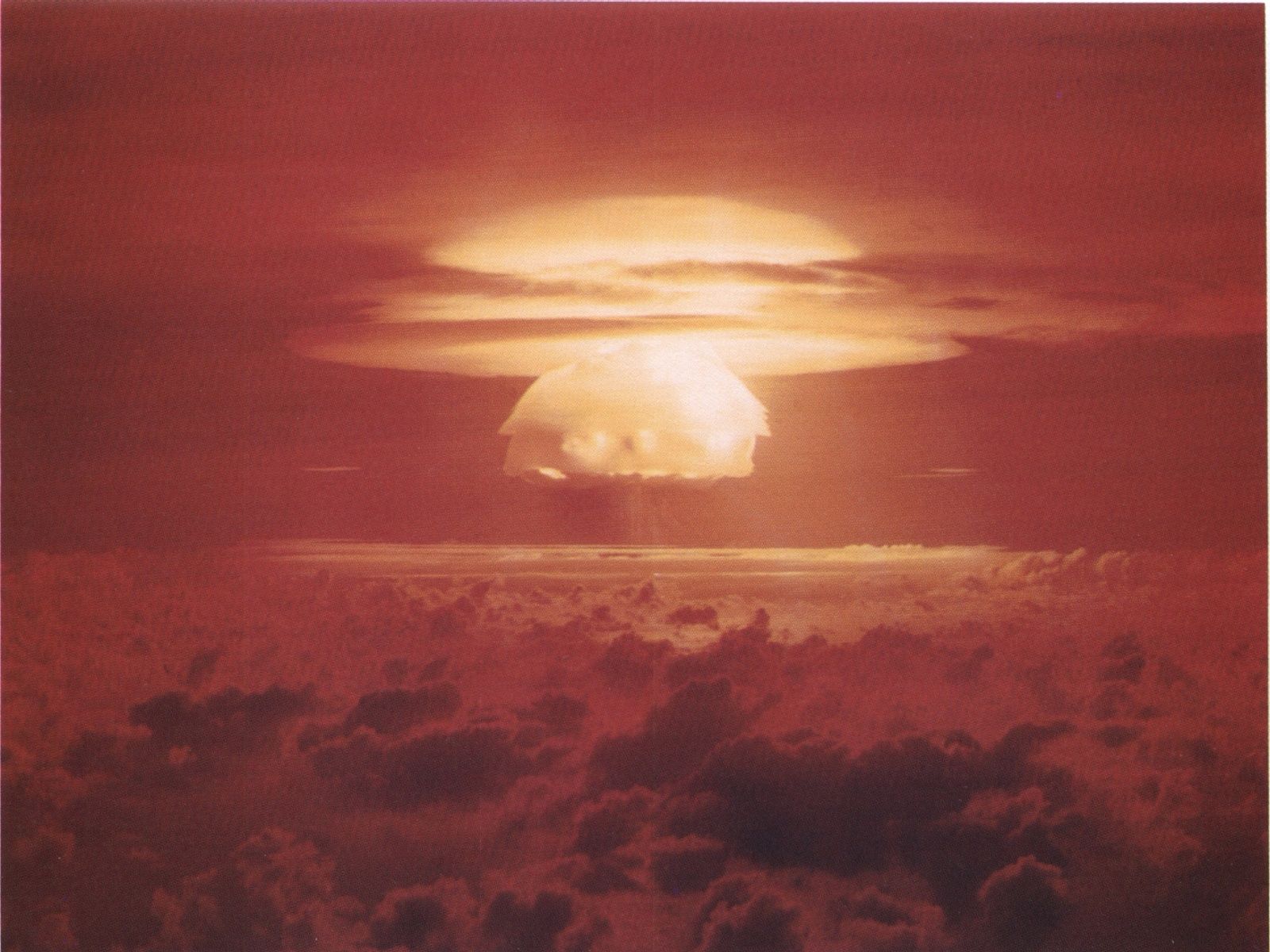|
Akira (manga)
is a Japanese cyberpunk post-apocalyptic manga series written and illustrated by Katsuhiro Otomo. It was serialized biweekly in Kodansha's ''seinen'' manga magazine ''Young Magazine'' from December 20, 1982, to June 25, 1990, with its 120 chapters collected into six ''tankōbon'' volumes. It was initially published in the United States by Marvel Comics under its Epic imprint, becoming one of the first manga works to be translated in its entirety into English. It is currently published by Kodansha Comics in North America. Considered a watershed title for the medium, the manga is also famous for spawning the seminal 1988 cyberpunk anime film adaptation of the same name and the greater franchise. Set in a post-apocalyptic and futuristic "Neo-Tokyo", more than two decades after a mysterious explosion destroyed the city, the story centers on teenage biker gang leader Shotaro Kaneda, militant revolutionary Kei, a trio of espers, and Neo-Tokyo military leader Colonel Shikishima ... [...More Info...] [...Related Items...] OR: [Wikipedia] [Google] [Baidu] |
Cyberpunk
Cyberpunk is a subgenre of science fiction in a dystopian futuristic setting that tends to focus on a "combination of lowlife and high tech", featuring futuristic technological and scientific achievements, such as artificial intelligence and cybernetics, juxtaposed with societal collapse, dystopia or decay. Much of cyberpunk is rooted in the New Wave science fiction movement of the 1960s and 1970s, when writers like Philip K. Dick, Michael Moorcock, Roger Zelazny, John Brunner, J. G. Ballard, Philip José Farmer and Harlan Ellison examined the impact of drug culture, technology, and the sexual revolution while avoiding the utopian tendencies of earlier science fiction. Comics exploring cyberpunk themes began appearing as early as Judge Dredd, first published in 1977. Released in 1984, William Gibson's influential debut novel ''Neuromancer'' helped solidify cyberpunk as a genre, drawing influence from punk subculture and early hacker culture. Other influential cyberpunk ... [...More Info...] [...Related Items...] OR: [Wikipedia] [Google] [Baidu] |
Epic Comics
Epic Comics (also known as the Epic Comics Group)Shooter, Jim. "Bullpen Bulletins: The Truth About the Epic Comics Group!" Marvel comics cover-dated November 1982. was an imprint of Marvel Comics from 1982 to 1996. A spin-off of the publisher's ''Epic Illustrated'' magazine, it published creator-owned work unconnected to Marvel's superhero universe, and without the restrictions of the Comics Code. The name was revived by Marvel in the mid-2000s for a short-lived program inviting new writers to pitch series proposals to the publisher. History Origins Launched by editor-in-chief Jim Shooter as a spin-off of the successful ''Epic Illustrated'' magazine, the Epic imprint allowed creators to retain control and ownership of their properties. Co-edited by Al Milgrom and Archie Goodwin, the imprint also allowed Marvel to publish more objectionable content (sometimes explicit) without needing to comply with the stringent Comics Code Authority. Epic titles were printed on higher quality p ... [...More Info...] [...Related Items...] OR: [Wikipedia] [Google] [Baidu] |
World War III
World War III or the Third World War, often abbreviated as WWIII or WW3, are names given to a hypothetical World war, worldwide large-scale military conflict subsequent to World War I and World War II. The term has been in use since at least as early as 1941. Some apply it loosely to limited or more minor conflicts such as the Cold War or the war on terror. In contrast, others assume that such a conflict would surpass prior world wars in both scope and destructive impact.''The New Quotable Einstein''. Alice Calaprice (2005), p. 173. Due to the development of nuclear weapons in the Manhattan Project, which were used in the atomic bombings of Hiroshima and Nagasaki near the end of World War II, and their subsequent acquisition and deployment by List of states with nuclear weapons, many countries afterward, the potential risk of a nuclear apocalypse causing widespread destruction of Earth's civilization and life is a common theme in speculations about a third ... [...More Info...] [...Related Items...] OR: [Wikipedia] [Google] [Baidu] |
Nuclear Disaster
A nuclear and radiation accident is defined by the International Atomic Energy Agency (IAEA) as "an event that has led to significant consequences to people, the environment or the facility. Examples include radiation poisoning, lethal effects to individuals, large ionizing radiation, radioactivity release to the environment, nuclear meltdown, reactor core melt." The prime example of a "major nuclear accident" is one in which a nuclear reactor core, reactor core is damaged and significant amounts of Radionuclide, radioactive isotopes are released, such as in the Chernobyl disaster in 1986 and Fukushima nuclear disaster in 2011. The impact of nuclear accidents has been a topic of debate since the first nuclear reactors were constructed in 1954 and has been a key factor in Anti-nuclear movement, public concern about nuclear facilities.M.V. Ramana. Nuclear Power: Economic, Safety, Health, and Environmental Issues of Near-Term Technologies, ''Annual Review of Environment and Resour ... [...More Info...] [...Related Items...] OR: [Wikipedia] [Google] [Baidu] |
Eisner Awards
The Will Eisner Comic Industry Awards, commonly shortened to the Eisner Awards, are prizes given for creative achievement in American comic books, sometimes referred to as the comics industry's equivalent of the Academy Awards. They are named in honor of the pioneering writer and artist Will Eisner, who was a regular participant in the award ceremony until his death in 2005."The Will Eisner Comic Industry Awards" Comic-con.org WebCitation archive (requires scrolldown). The Eisner Awards include the Comic Industry's |



